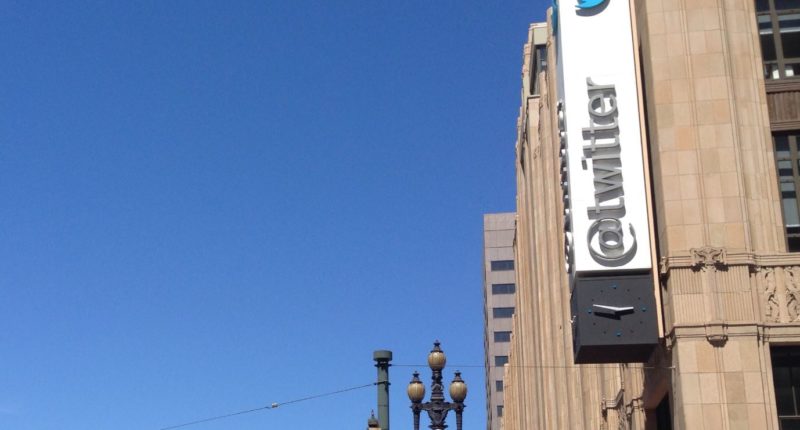Twitter, just like every other company in the world right now, is expecting a fall in revenue due to the impact of the coronavirus, pushing the blame on a slowdown in paid advertising in midst of the pandemic.
The company expects a lower revenue in Q1 2020 on an year on year basis, and speculates a GAAP operating loss. “While the near-term financial impact of this pandemic is rapidly evolving and difficult to measure, based on current visibility, the company expects Q1 revenue to be down slightly on a year-over-year basis,” the company said in a press release. “Twitter also expects to incur a GAAP operating loss, as reduced expenses resulting from COVID-19 disruption are unlikely to fully offset the revenue impact of the pandemic in Q1.”
The company, which had earlier expected between $825 million to $855 million in revenues for its first quarter in 2020, will now provide an update on its first quarter 2020 earnings call on April 30.
The announcement bore its impact on shares of the social media platform, which fell by 2% in mere hours of the announcement.
However, the silver lining is that the traffic on the platform has increased, as people are turning to Twitter for news on the situation. Twitter also added that the company has seen an increase in total monetizable daily active users, the company’s key metric. The company said its quarter-to-date average of monetizable daily active users has reached 164 million, up 23% from its fiscal first quarter in 2019 and up 8% from its fourth quarter in 2019. Thus, while Twitter is expecting to lose money as of now, the virus might actually benefit Twitter’s earnings in the future.
The company has credited a fall in paid advertising as the reason for this slowdown, stating that the last few weeks witnessed the most impact on advertising. “We have made solid progress on our consumer and revenue product priorities and we remain confident in our opportunity and strategy. We hope everyone stays healthy and safe,” Segal said in a statement.
Twitter is also pushing for more credible news on its platform, aiming to speedily verify sources that post legitimate information about the coronavirus pandemic. In fact, the company might soon come out with a public form for the process, a step that goes completely against Twitter’s policy on verification, which is usually very opaque.





